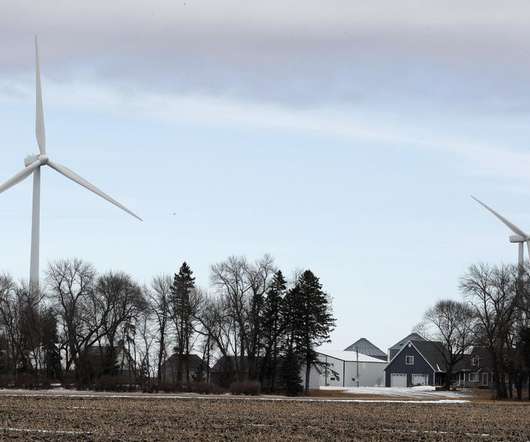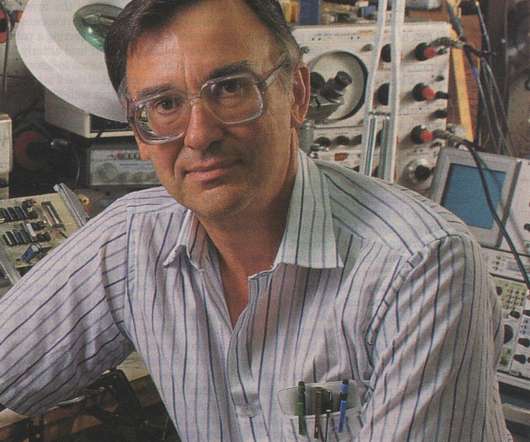Study: expanding Brazilian sugarcane for ethanol could reduce global CO2 emissions by up to 5.6%
Green Car Congress
OCTOBER 24, 2017
Vastly expanding sugarcane production in Brazil for conversion to ethanol could reduce current global CO 2 emissions by as much as 5.6%, according to a new study by an international team led by researchers from the University of Illinois. The proposed expansion of sugarcane production is within the area that can be legally converted.



















Let's personalize your content